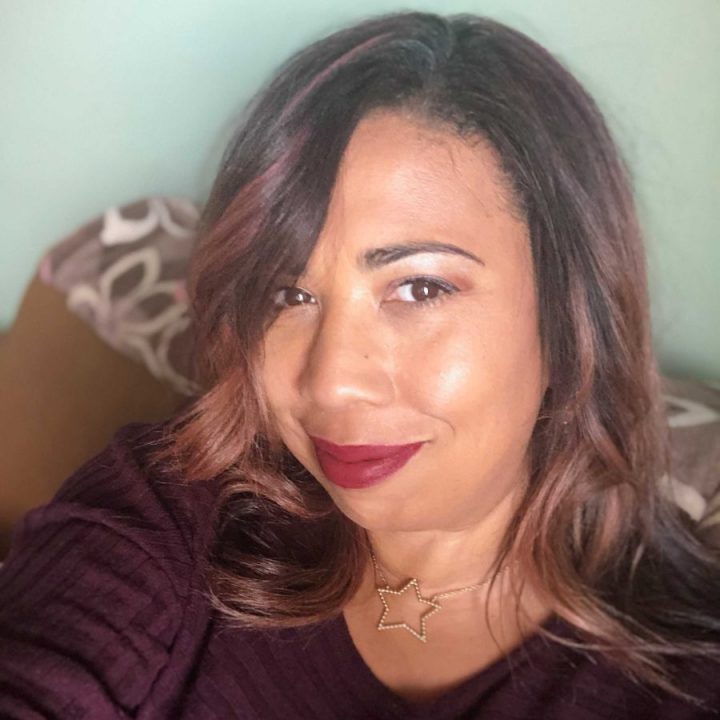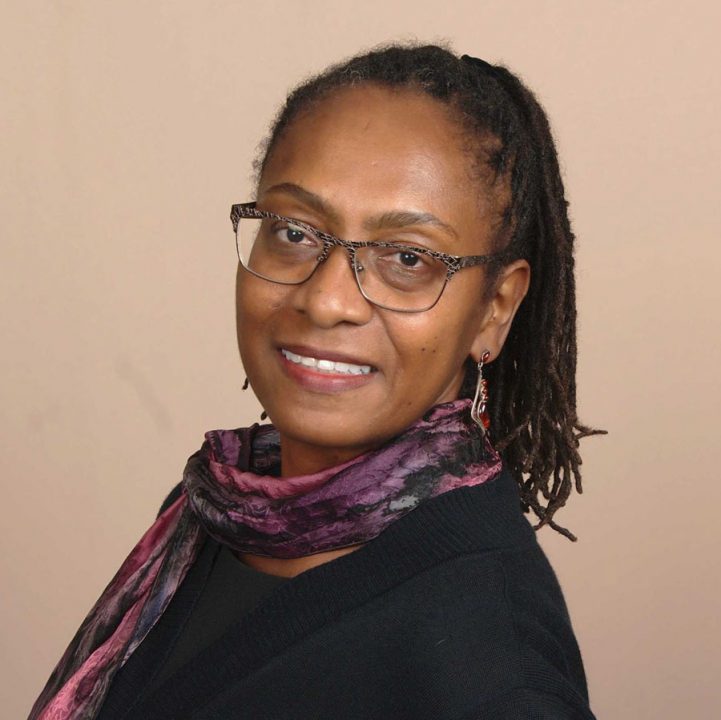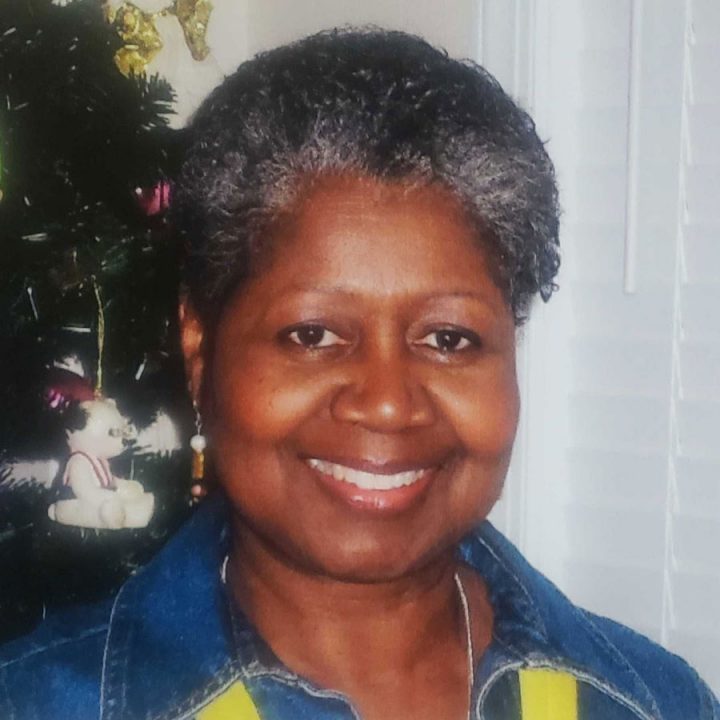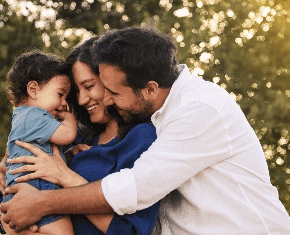The views expressed in our content reflect individual perspectives and do not represent the authoritative views of the Baha'i Faith.
Abused by their parents, a child later medicates their trauma with heroin. Depressed by being treated in a racist manner by teachers, a teen turns to alcohol to dull the pain. An adult, who never experienced love as a child, masks low self-esteem with cocaine.
People who struggle with substance abuse are often harshly judged and looked down upon, and it’s common to hear them being called derogatory terms: junkie, addict, and crack head. But no one wants to suffer or be controlled by a drug, and experts now know that substance abuse is a mental health disorder.
Why would anyone risk losing their job, family, freedom, or life for a fleeting high?
“When you don’t have a substance use disorder, you don’t get it,” says Angela Caldwell, the Public Health Advisor at the Substance Abuse and Mental Health Services Administration, in Rockville, Maryland.

You don’t understand, “why would you stick a needle in your arm or why would you smoke crack when it ruins your life and you [could] go to jail? So, I think it is really important to have meaningful dialogue with people who suffer from this affliction and try to seek to understand them.”
And, research shows that traumatic experiences and events make people more likely to turn to drugs.
The Connection Between Childhood Trauma and Substance Use
According to the National Institute on Drug Abuse, 66% of all people in treatment for substance abuse were physically, sexually, or emotionally abused as a child. In addition, the U.S. National Library of Medicine found that physical and sexual abuse against women was linked to lifetime cocaine and marijuana use, while physical abuse against men correlated with current cocaine and lifetime heroin use.
Baha’is condemn and abhor all forms of physical and sexual abuse. As the Universal House of Justice, the global governing body of the Baha’i Faith, wrote, “The use of force by the physically strong … as a means of imposing one’s will and fulfilling one’s desires, is a flagrant transgression of the Baha’i Teachings. There can be no justification for anyone compelling another, through the use of force or through the threat of violence, to do that to which the other person is not inclined.”
“It’s insane how we carry shame,” Angela says. “Someone does something to me as a child, but I’m ashamed? If you think about it rationally, it makes no sense. Why am I punishing myself for your bad behavior? But first of all, as children, we don’t really know how to process that.”
Children are limited in their ability to make sense of traumatic experiences. Normally, children rely on their loved ones for support, but sometimes their loved ones are the people abusing them, which makes family support not an option. Research shows this prompts childhood victims to suppress their feelings and begin self-medicating with drugs and alcohol. As Angela says, “You’re as sick as your secrets.”
“We need to take the shame out of it because that’s what keeps us ill.” She says, “When you stuff your feelings, you self-medicate, and you shove, and you get sick — you get anxiety, you get ulcers, you suffer.”
Childhood trauma also changes the structure and function of the brain, making these children more susceptible to cognitive deficits and psychiatric illnesses, such as schizophrenia, major depression, bipolar disorder, posttraumatic stress disorder, and substance abuse later in life.
Perhaps that is why Abdu’l-Baha, the son of Baha’u’llah, the prophet and founder of the Baha’i Faith, wrote, “It is not, however, permissible to strike a child, or vilify him, for the child’s character will be totally perverted if he be subjected to blows or verbal abuse.”
The Trauma of Racism
Childhood abuse and emotional neglect are not the only traumas that can make an individual more susceptible to a lifetime of drug dependence. Research shows there are psychological consequences of being a victim of racism.
Baha’is believe racism is one of the most “persistent evils” and the most vital issue facing the United States. As the Universal House of Justice wrote in “The Promise of World Peace,” “Its practice perpetrates too outrageous a violation of the dignity of human beings to be countenanced under any pretext. Racism retards the unfoldment of the boundless potentialities of its victims, corrupts its perpetrators, and blights human progress. Recognition of the oneness of mankind, implemented by appropriate legal measures, must be universally upheld if this problem is to be overcome.”
According to the American Academy of Pediatrics, experiencing racial discrimination as a child is associated with increased alcohol intake, tobacco smoking, and depression among African American adolescents. Researchers also noticed an increase in depressive symptoms amongst Puerto Rican children and increased alcohol and drug use amongst Native American teens and adolescents. Many ethnic demographics also face higher rates of PTSD than European Americans due to the experience of racism, but PTSD caused by racial trauma is underrecognized in the mental health community.
Racism “is recurrent trauma — posttraumatic stress disorder — but it’s recurrent; it happens over and over again. It’s not really being acknowledged in the community.” Angela explains. “Each family becomes ill because there is no intervention and treatment and change, so it lasts generations.”
Dr. Lisa Jordan, a clinical psychologist who practices in Catonsville and Towson, Maryland, also noticed the connection between trauma and addiction while working with a group of mostly African American men who were homeless and abused substances.

They had lost their families, jobs, and health, and some of them had been incarcerated. “The vast majority of them had extensive trauma history,” Lisa says. “A lot of these men had spent years medicating their past, medicating their trauma, [and] while I was there, I saw guys who had OCD, PTSD, depression, dissociative identity disorder, you name it.”
Dr. Joy DeGruy, a Baha’i and author of the book “Post Traumatic Slave Syndrome,” came up with the theory of Post Traumatic Slave Syndrome, which addresses the multigenerational trauma that African Americans have after years of slavery and oppression. This perpetuation of injury — and a lack of an opportunity to heal — results in PTSS, which reflects itself in many destructive patterns of behavior, such as learned helplessness and a distorted self-concept.
Shoghi Effendi, one of the central figures of the Baha’i Faith, described this generational trauma as “such grievous and slow-healing wounds.”
“There are so many people of African descent who have complex trauma — individuals who have experienced not just one traumatic event,” says Lisa. People who experience repeated trauma sometimes have no idea when it’s going to end. “Oftentimes, this is overlooked, and it’s placed in the frame of urban issues — low-income issues — and sometimes it’s not even addressed.”
Lisa says that even when people ask for help, they’re not always asked about their experiences. “Then when you start scratching the surface, you find out that this person has been going through it for years, maybe most of their life, and they’ve never really talked to anyone about it because many of the people around them were going through the same thing. They just kind of coped and they figured out a way to get through it, but nobody labeled it as trauma.”
How Loved Ones Can Help
It’s painful to watch someone you love suffer — you see how addiction damages their physical health and spirit. Abdu’l-Baha warned against the effects of opiates and wrote, “For opium fasteneth on the soul so that the user’s conscience dieth, his mind is blotted away, his perceptions are eroded. It turneth the living into the dead. It quencheth the natural heat. No greater harm can be conceived than that which opium inflicteth.”
So how can friends and family members help their loved ones who are struggling with addictions?
“What really works best is what they call ‘detach with love,’” says Angela. “Let them know that you’re willing to help in any way you can, but then there are boundaries.”
Angela says that there is a fine line between helping and enabling. For example, she counsels people not to give money to someone struggling with addiction — buy them food instead. And instead of picking them up from jail, you can only offer to take them to rehab. There are also many support groups that are very helpful in educating loved ones on this subject.
Dorothy Lemon-Thompson, a psychotherapist and licensed clinical social worker in Towson, Maryland, says that there are many options available.

“Those who work often have EAP [employee assistance programs] that offer counseling to the employee and any family member. Schools will refer students or offer services.”
Above all, it’s important not to criticize and ostracize people who experience addiction. “They suffer from a lot of self-esteem issues and they judge themselves for using drugs in the first place and not being able to stop,” Angela says. Instead, be honest and sincere and tell them, “I have no idea what you’re going through, but what can I do to be a part of the change?”
You May Also Like
Comments

















Loved your trademark blend of solid science and insightful application of the Writings. This site has really benefited from your articles!